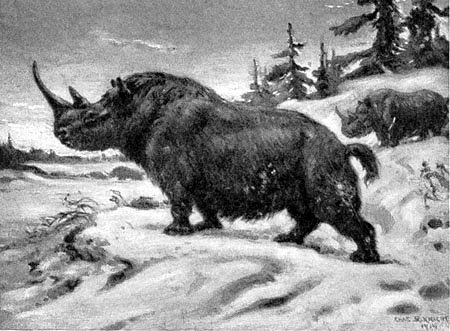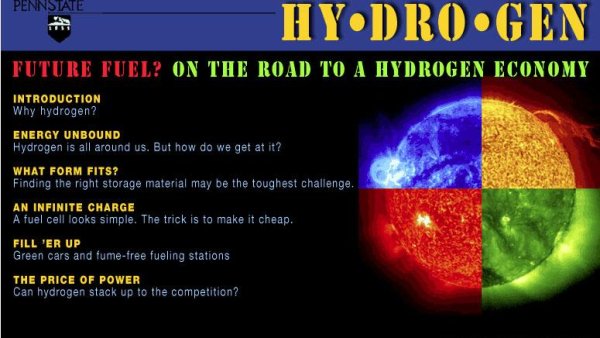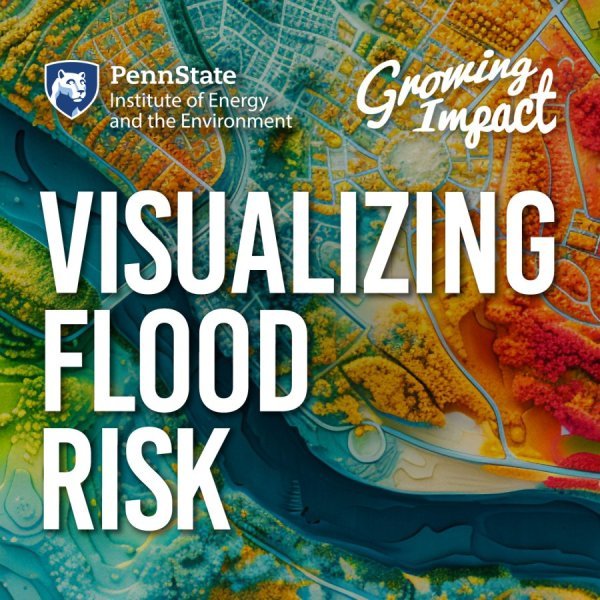Ice Age humans: Did they affect the extinction of large mammals?
| earthsky.org
The histories of six large herbivores — the woolly rhinoceros, woolly mammoth, wild horse, reindeer, bison, and musk ox — are linked with climate fluctuations and human activity, especially at the end of the last ice age, scientists reveal in a new report. This article mentions Penn State Research.
Video: Coal may be the bridge to ushering in new energy technology
| psu.edu
Through the 20th century, the world relied on fossil fuels, most notably oil and coal, to supply its growing energy needs. Now, while the world ponders its energy future, coal remains a plentiful and a reliable means to meet much of today's energy demands. Rather than oil, this other "dark fuel" -- if burned more efficiently and cleanly -- just may be the bridge needed to usher the world fully into the next generation of energy technology.
Vice President's Awards recognize outreach efforts
| psu.edu
Penn State Outreach staff members were honored recently with Vice President's Awards for their contributions to the outreach mission of the University. "These awards recognize and celebrate excellence in our outreach organization," said Craig D. Weidemann, vice president for Outreach at Penn State. "The award recipients are recognized for their extraordinary contributions and dedication to the outreach mission of the University.
Hydrogen: The future fuel
| psu.edu
Beyond petroleum Is hydrogen the answer? "I will get right to the point," declared Nobel laureate Richard Smalley, speaking before Congress. "Energy is the single most important problem facing humanity today. We must find an alternative to oil. We need to somehow provide clean, abundant, low-cost energy to the six billion people that live on the planet today, and the 10-plus billion that are expected by the middle of this century."
Mumma Endowment Brings Noted Chemical Ecologists To Penn State
| psu.edu
In a move expected to cement Penn State's College of Agricultural Sciences as an international leader in chemical ecology research, two renowned entomologists will join the college as Mumma Professors, effective July 1.




